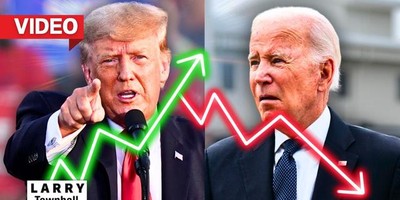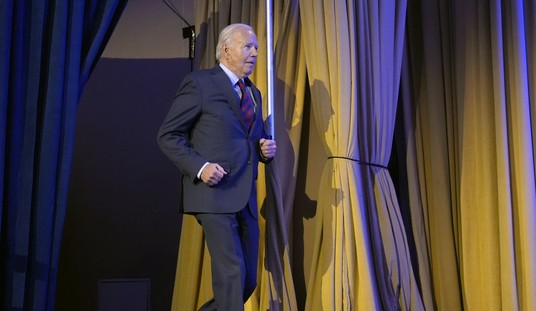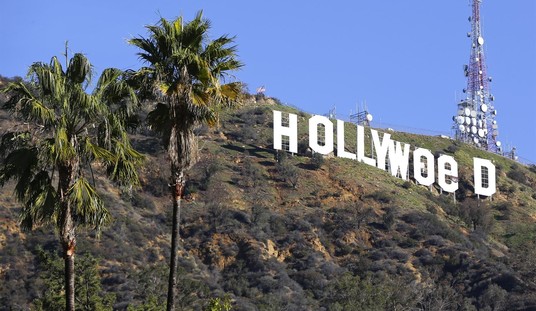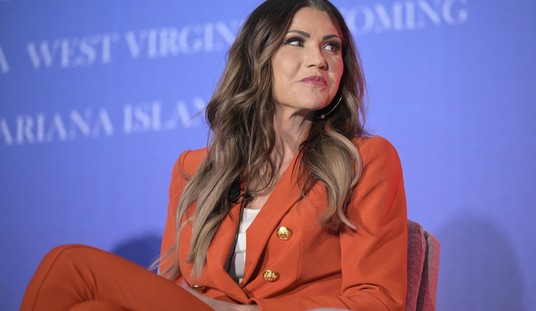Three developments during the past week illustrate this process -- developments, not results, because each is part of an ongoing struggle that will not be resolved soon.
The first was Tuesday's election for the Wisconsin Supreme Court.
Democrats and public employee unions rallied against the bill sponsored by Republican Gov. Scott Walker and passed by the Legislature scaling back public employee unions' bargaining privileges and stopping the automatic flow of dues money from the state treasury to the unions and their allies in the Democratic Party.
The public employee unions hoped to defeat a Republican Supreme Court justice and create an activist liberal majority that might overturn the law. Turnout increased from 793,000 in April 2009 to 837,000 in the February 2011 primary to 1,494,000 last week, and examination of the returns shows big increases where unions are strong.
But the anti-spending enthusiasm that brought so many conservatives to the polls in November was still operative last week, and the Republican seems to have won by 7,000 votes. And Democrats' efforts to recall Republican state senators seem unlikely to net them the three seats they need for a majority.
A maximum effort by the unions, combined with Republican ham-handedness, was not quite enough to reverse last fall's result in a state Barack Obama carried by a margin of 56 to 42 percent.
Recommended
The second development was House Budget Committee Chairman Paul Ryan's unveiling of his budget resolution. Ryan did what President Obama's fiscal commission did in December but what Obama himself signally failed to do in his budget in February: address the long-term unsustainability of entitlements, specifically Medicare and Medicaid.
Every serious analyst knows that these programs are on a trajectory to balloon government to a share of gross domestic product unprecedented except in World War II. The fiscal commission proposed both increased taxes and program changes that would cut spending. Ryan proposed such program changes plus other spending and tax cuts.
The House seems sure to pass Ryan's budget, and Republican presidential candidates are likely to embrace similar proposals. This would not have happened -- and didn't happen during the Bush years -- but for public reaction to the Obama Democrats' policies.
The third development is the budget struggle over spending in the remainder of fiscal year 2011. At this writing, it was not clear whether negotiations between House Speaker John Boehner and Senate Majority Leader Harry Reid would avert a government shutdown, which both say they don't want.
What is clear is that there already have been significant cuts in domestic discretionary spending -- far more than the Democratic Congress ever would have considered in 2010 -- and that there will be more to come.
Congressional Democratic leaders could have avoided this by passing a budget resolution and appropriations in 2010 and by increasing taxes on high earners by extending the Bush tax cuts for everyone else. But despite their large majorities, they never got around to doing so. Instead, they watched glumly as Obama agreed to extend all the tax cuts in December, and now they are negotiating billions in cuts they never would have countenanced last year.
Why? Because of public opinion, as registered in poll responses to the Democrats' vast expansion of the size and scope of government, symbolized by, but not limited to, the February 2009 stimulus package and Obamacare.
As a result, Democratic leaders dared not ask their members to vote for the policies they favored. Despite their large majorities, they just didn't have the votes.
Obama's refusal to address entitlement issues now has a similar basis. He wants spending to continue on its upward trajectory and tax rates to be increased. There is an intellectually serious argument for this: We're an aging country that needs to spend more on health care, and we'll just have to settle for less economic growth, as Europe has done.
But status quo and stagnation are not an appealing platform, especially for one who campaigned as the candidate of hope and change. Democrats are playing defense, hoping for a shift of opinion. So far, it hasn't happened.
Michael Barone, senior political analyst for The Washington Examiner (www.washingtonexaminer.com), is a resident fellow at the American Enterprise Institute, a Fox News Channel contributor and a co-author of The Almanac of American Politics. To find out more about Michael Barone, and read features by other Creators Syndicate writers and cartoonists, visit the Creators Syndicate Web page at www.creators.com.
COPYRIGHT 2011 THE WASHINGTON EXAMINER
DISTRIBUTED BY CREATORS.COM

























Join the conversation as a VIP Member